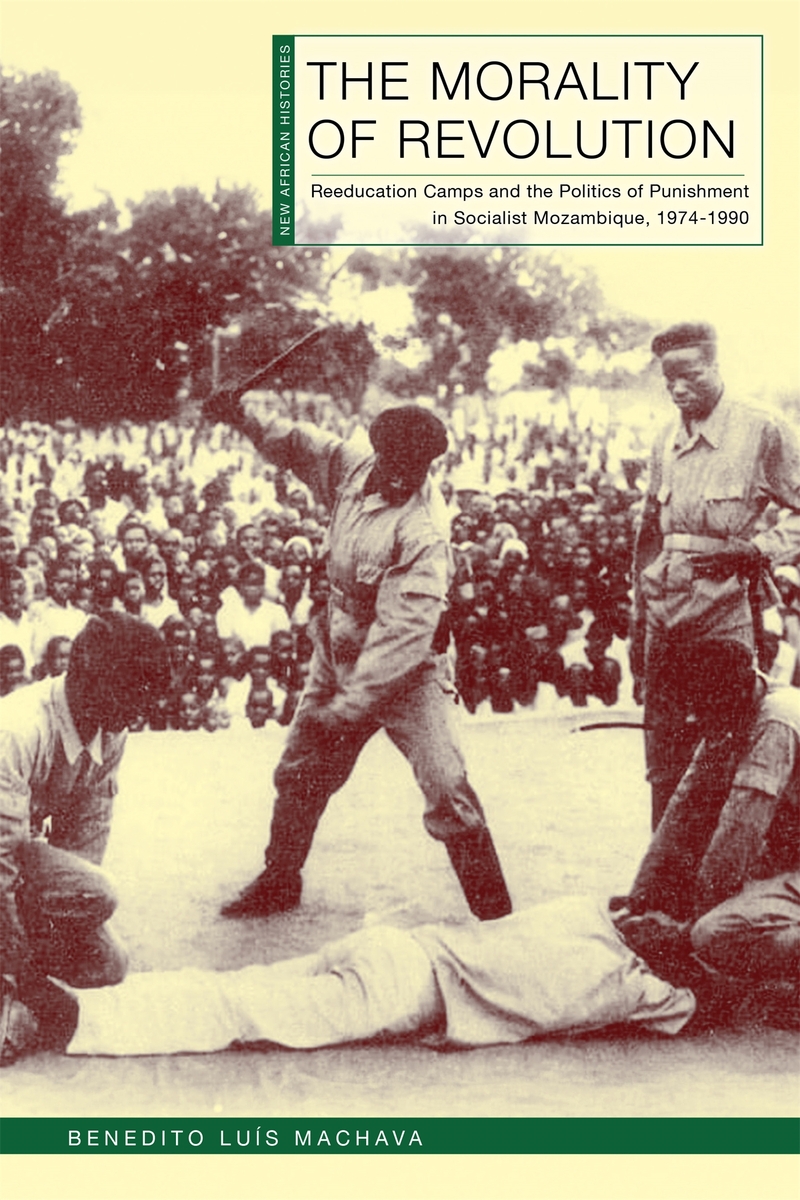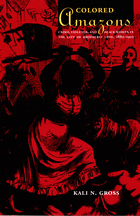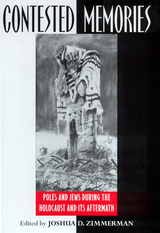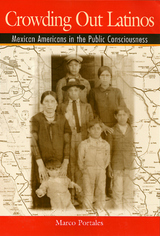The Morality of Revolution: Reeducation Camps and the Politics of Punishment in Socialist Mozambique, 1968–1990
Ohio University Press, 2024
eISBN: 978-0-8214-2584-8 | Paper: 978-0-8214-2583-1 | Cloth: 978-0-8214-2582-4
See other books on: Communism, Post-Communism & Socialism | Morality | Penology | Revolution | South
See other titles from Ohio University Press
eISBN: 978-0-8214-2584-8 | Paper: 978-0-8214-2583-1 | Cloth: 978-0-8214-2582-4
ABOUT THIS BOOK | AUTHOR BIOGRAPHY
ABOUT THIS BOOK
The Morality of Revolution offers the first historical examination of urban cleanup campaigns and reeducation camps in socialist Mozambique. The book presents the camps as the template for independent Mozambique’s punitive society under Frelimo. Individuals who transgressed the law and socialist normative codes of behavior were targeted by the revolutionary party, which obsessively pursued putative wrongdoers in an effort to build a new society from the ruins of Portuguese colonialism. Benedito Luís Machava argues that the socialist experiment, while ushering in an era of economic development and social progress, sought also to remake the moral fabric of Mozambican society. At play was the contradictory combination of high modernist, socialist aspirations and conservative anxieties rooted in a moralist reading of society. From its inception in 1974 to its demise in the late 1980s, the reeducation program was a do-it-yourself enterprise. The Frelimo government, unable to finance and support the carceral regime, expected its agents and the detainees to carry out the ambitious project on their own. Without material and human resources to run the program, state officials compelled detainees to build their own detention facilities; to grow their own food; to enforce their own political education; and in many ways, to oversee their own incarceration. The state’s incapacity to translate the salvationist ideas of reeducation into planned action—a general feature of the socialist experiment in Mozambique—produced spaces of social neglect and castigation that negatively affected both the inmates and the personnel tasked with disciplining and reeducating them.
See other books on: Communism, Post-Communism & Socialism | Morality | Penology | Revolution | South
See other titles from Ohio University Press












